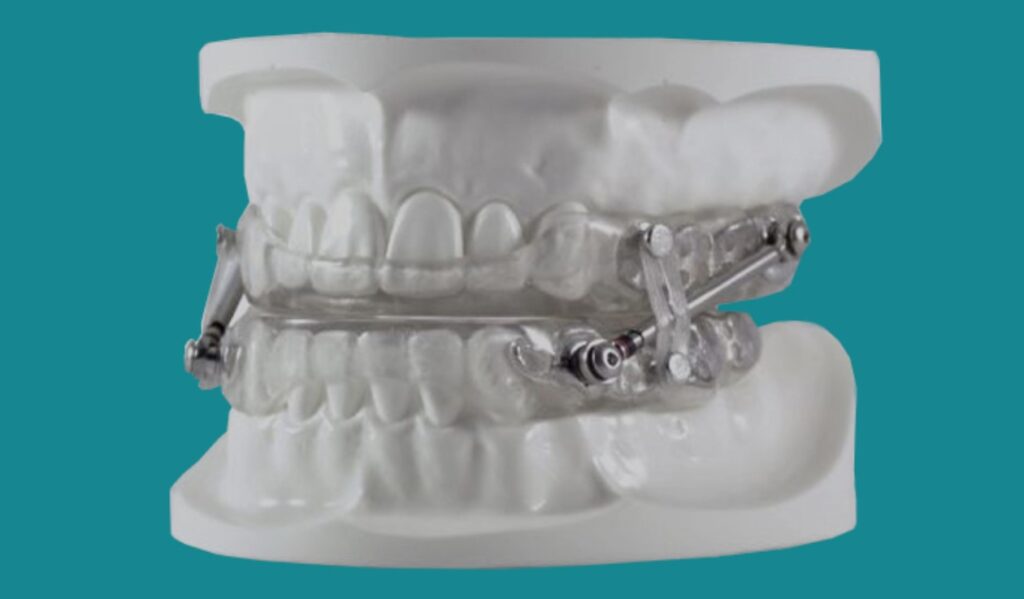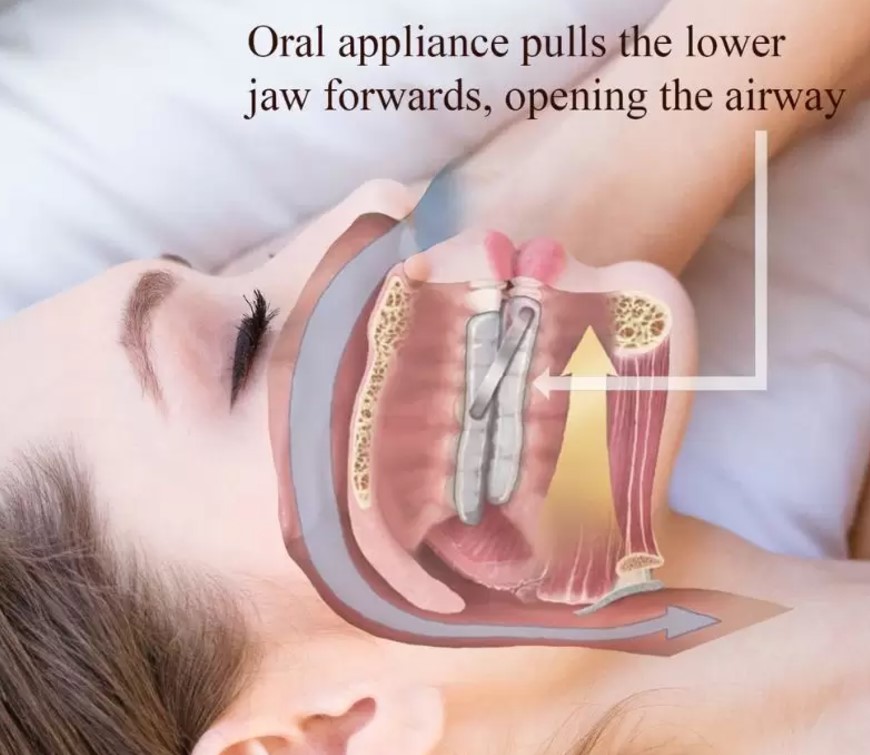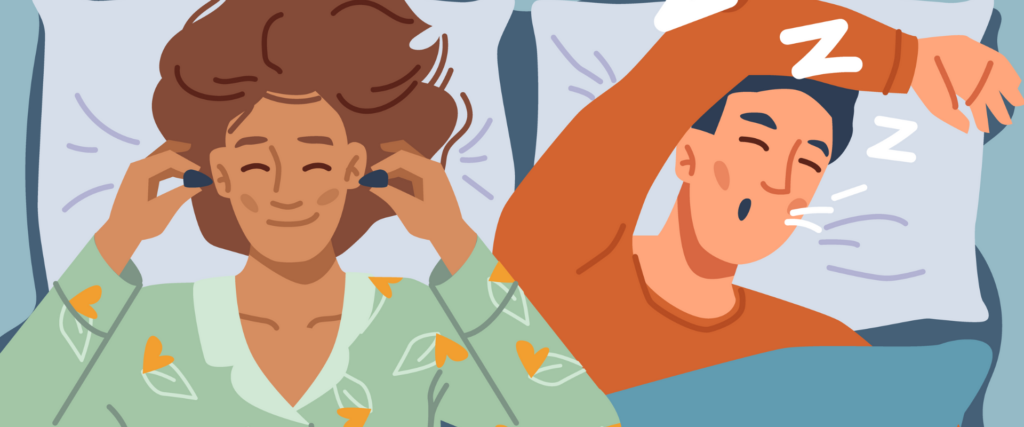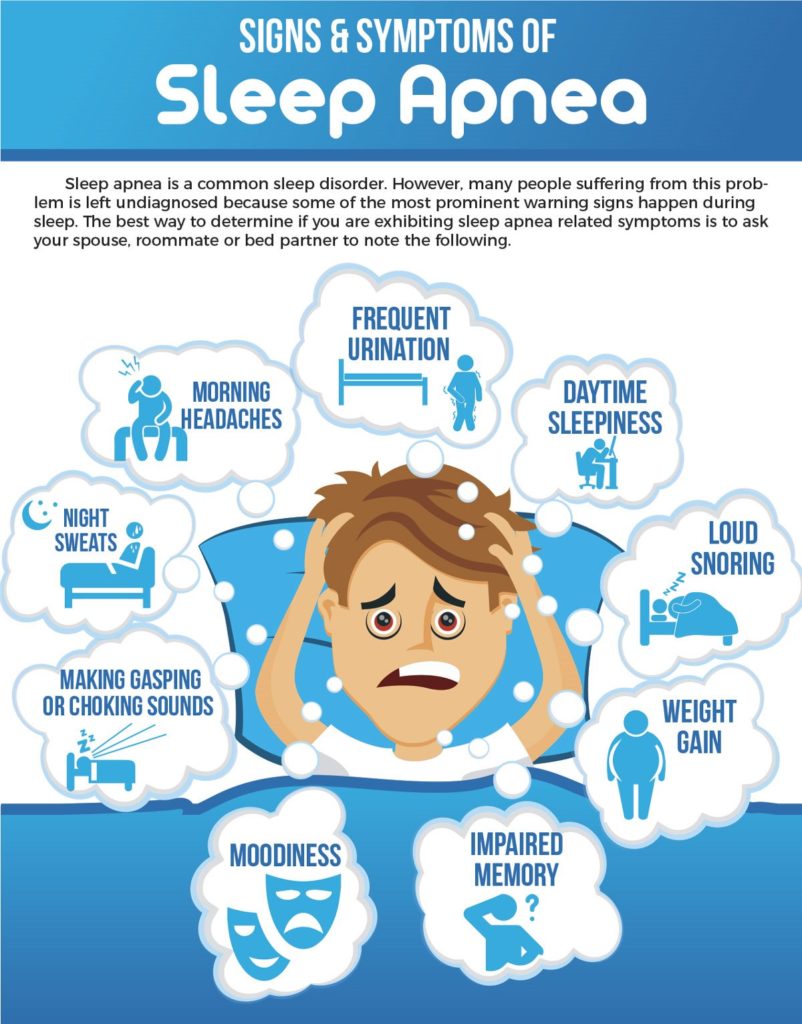
Sleep apnea is a common yet potentially serious sleep disorder that affects millions of people worldwide. Characterized by interrupted breathing during sleep, it can lead to poor sleep quality and a host of health issues if left untreated. While Continuous Positive Airway Pressure (CPAP) machines are often the go-to treatment, many people find them uncomfortable or inconvenient. This is where dental appliances for sleep apnea come into play—offering an effective, comfortable, and non-invasive alternative.
In this blog, we’ll explore how dental appliances work, their benefits, and why they may be the right solution for managing sleep apnea.
Understanding Sleep Apnea
Before diving into the benefits of dental appliances, it’s important to understand what sleep apnea is. Sleep apnea occurs when your airway becomes partially or completely blocked during sleep, disrupting normal breathing. This can lead to pauses in breathing that last several seconds to minutes, often causing a person to wake up gasping for air.
The two main types of sleep apnea are:
- Obstructive Sleep Apnea (OSA): The most common type, caused by a physical blockage of the airway, such as the tongue or soft tissues collapsing during sleep.
- Central Sleep Apnea (CSA): Less common, caused by the brain failing to signal the muscles to breathe.
Symptoms of sleep apnea include loud snoring, excessive daytime fatigue, morning headaches, and difficulty concentrating. If untreated, it can increase the risk of serious health issues, including hypertension, heart disease, diabetes, and stroke.
What Are Dental Appliances for Sleep Apnea?
Dental appliances, also known as oral appliances, are custom-made devices designed to treat obstructive sleep apnea by keeping the airway open during sleep. These appliances are typically worn like a mouthguard and work by repositioning the jaw, tongue, or other soft tissues to prevent airway obstruction.
The most common types of dental appliances include:
- Mandibular Advancement Devices (MADs): These devices move the lower jaw forward, preventing the collapse of soft tissues in the throat.
- Tongue Retaining Devices (TRDs): These hold the tongue in place to prevent it from blocking the airway.
Dr. Gary Skrobanek at GPS Dental, is a sleep specialist who can customize these appliances to fit your mouth, ensuring comfort and effectiveness.
Related Article: The Importance of Treating Sleep Apnea and the Advancements of Sleep Apnea Appliances
Benefits of Dental Appliances for Sleep Apnea
Improved Sleep Quality
One of the most immediate benefits of using a dental appliance is better sleep. By keeping the airway open, these devices eliminate interruptions caused by apnea events. This leads to:
- Fewer nighttime awakenings.
- Reduced snoring, which can improve sleep for both the patient and their partner.
- More restorative sleep, leaving you feeling energized and refreshed in the morning.
Non-Invasive and Comfortable
Unlike CPAP machines, which require wearing a mask connected to a machine, dental appliances are compact, lightweight, and easy to use. They are:
- Non-invasive and don’t require surgery or complex adjustments.
- Custom-fitted to ensure maximum comfort.
- Portable and convenient for travel, unlike bulkier CPAP devices.
For individuals who find CPAP machines uncomfortable or overwhelming, dental appliances provide a simple, user-friendly alternative.
Reduction in Health Risks
Treating sleep apnea is crucial for preventing long-term health complications. By improving airflow and oxygen levels, dental appliances can:
- Lower the risk of high blood pressure and heart disease.
- Reduce the likelihood of stroke and other cardiovascular issues.
- Improve insulin sensitivity and decrease the risk of developing type 2 diabetes.
Better sleep also enhances immune function and promotes overall well-being.
Decreased Snoring
Snoring is one of the hallmark symptoms of obstructive sleep apnea and can disrupt both your sleep and your partner’s. Dental appliances effectively reduce or eliminate snoring by keeping the airway open. This benefit not only improves your rest but also strengthens relationships by minimizing sleep disturbances for your loved ones.
Customizable and Tailored Fit
Dental appliances are custom-made based on molds of your teeth, ensuring a perfect fit for your mouth. This customization provides several advantages:
- A snug and secure fit reduces the risk of the device slipping out during sleep.
- It ensures optimal effectiveness by precisely targeting your airway issues.
- Adjustments can be made by your dentist as needed to improve comfort and functionality.
Easier Maintenance
Dental appliances are simple to clean and maintain compared to CPAP machines, which require regular cleaning of masks, hoses, and filters. With oral appliances:
- Cleaning typically involves rinsing and brushing the device daily.
- There’s no need for electrical components or complex maintenance routines.
- The simplicity of care encourages consistent use, which is essential for effective treatment.
Cost-Effective Solution
Dental appliances are often more affordable than CPAP machines or surgical interventions. Many insurance plans, including Medicare, cover a portion of the cost for oral appliances prescribed for sleep apnea. Their durability and long lifespan make them a cost-effective solution for long-term management.
Improved Daytime Performance
Sleep apnea can significantly impact your ability to function during the day, causing fatigue, irritability, and difficulty concentrating. By ensuring uninterrupted sleep, dental appliances:
- Enhance cognitive performance and memory.
- Reduce daytime drowsiness, lowering the risk of accidents or errors.
- Improve mood and overall quality of life.
Ideal for Mild to Moderate Cases
While CPAP machines are often prescribed for severe sleep apnea, dental appliances are particularly effective for individuals with mild to moderate OSA. They provide a less cumbersome alternative for patients who may not require intensive treatment.
Are Dental Appliances Right for You?
Dental appliances are a great option for many people, but they may not be suitable for everyone. You might benefit from a dental appliance if:
- You have mild to moderate obstructive sleep apnea.
- You find CPAP machines uncomfortable or difficult to use consistently.
- You’re looking for a portable and low-maintenance treatment option.
Dr. Skrobanek, your dentist AND sleep specialist, can evaluate your condition and recommend the most appropriate treatment plan based on your needs.
Caring for Your Dental Appliance
To ensure the longevity and effectiveness of your dental appliance, follow these care tips:
- Clean the device daily with a soft brush and mild soap or a non-abrasive cleaner.
- Store it in a protective case when not in use.
- Visit Dr. Skrobanek regularly for adjustments and to monitor your oral health.
Proper care will help maximize the benefits of your appliance and ensure it remains a reliable solution for managing sleep apnea.
GPS Dental Can Help You Stop Snoring AND Be Healthy
Dental appliances offer an effective, comfortable, and non-invasive solution for those suffering from obstructive sleep apnea. By keeping your airway open, these devices improve sleep quality, reduce health risks, and enhance overall well-being. For individuals struggling with CPAP machines or seeking a simpler alternative, dental appliances can provide the relief they need.
If you or a loved one are experiencing symptoms of sleep apnea, schedule your consultation with Dr. Skrobanek at GPS Dental, your dentist AND sleep specialist, to explore whether a dental appliance is right for you. Better sleep is just a step away, and with it comes better health and a higher quality of life.
Dr. Gary P. Skrobanek is a dental implant dentist and his experienced, friendly team at GPS Dental offer affordable family dentistry and gentle dental care in the San Antonio, TX area. Our Brooks City Base dentist office is conveniently located and offers early morning appointment times Monday through Friday to meet your needs. At GPS Dental, we provide most dental services, from family and general dentistry to dental implants, sleep apnea, TMJ / TMD Treatment, cosmetic dentistry and much more. We accept most dental insurance plans and offer affordable financial solutions for any budget. Call us at (210) 633-3477 to make an appointment.










